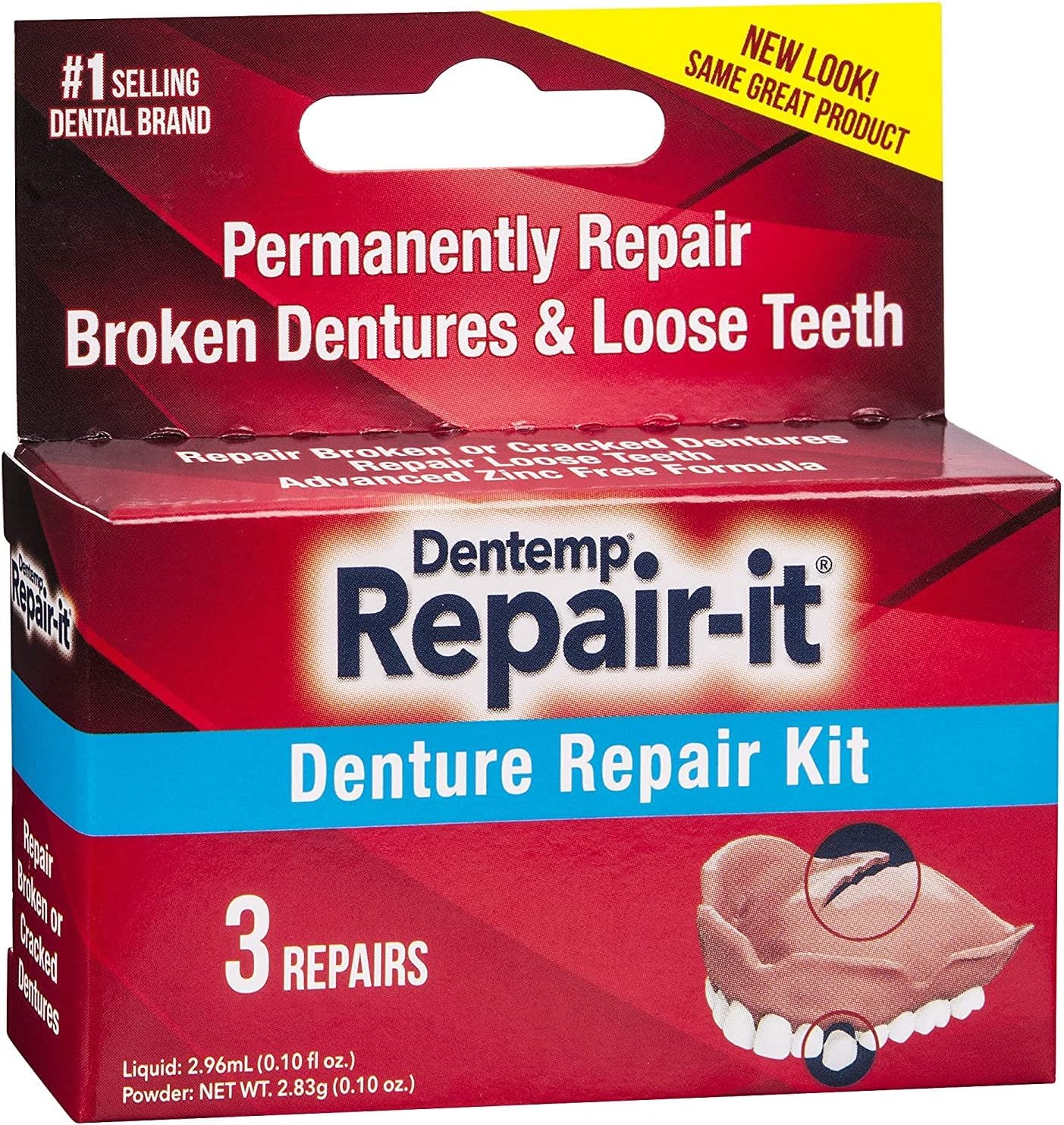Denture Repair: Fix Loose Teeth Today

Loose teeth can significantly impact one’s quality of life, affecting not just the ability to chew and speak but also self-confidence. Denture repair is a common solution for individuals experiencing issues with their dentures, including loose teeth. Understanding the causes, symptoms, and available repair options can help individuals take proactive steps towards resolving these issues and restoring their dental function and comfort.
Understanding Denture Problems
Dentures are designed to replace missing teeth, enhancing chewing ability, speech, and overall oral health. However, over time, dentures can become loose due to various factors. The most common reason for loose dentures is the natural process of bone resorption. After teeth are lost, the jawbone, which once held the teeth in place, begins to shrink. This shrinkage can cause dentures to fit less securely, leading to looseness and discomfort. Other factors such as weight loss, gum disease, and improper denture fit can also contribute to the problem.
Identifying the Symptoms
Recognizing the symptoms of loose dentures is crucial for early intervention. Common symptoms include: - Difficulty chewing or speaking - Dentures moving or clicking while eating or talking - Sores or irritations on the gums or mouth tissues - Decreased confidence in social situations due to fear of denture movement
Repair Options for Loose Dentures
Fortunately, there are several options available to repair or adjust loose dentures. These options vary based on the severity of the issue and the individual’s specific needs.
1. Relining
A common solution for loose dentures is relining. This process involves resurfacing the tissue side of the denture with new material, which helps it fit more securely to the current shape of the mouth. There are two types of relines: hard and soft. Hard relines are more durable and last longer, while soft relines are more comfortable but may need to be replaced more frequently.
2. Rebasing
For dentures that are still in good condition but have significant bone loss, rebasing might be the best option. This involves replacing the entire base of the denture with new material, while keeping the existing prosthetic teeth. It’s a more extensive procedure than relining but can offer a better fit and more durability.
3. Dental Implants
For a more permanent solution, dental implants can be considered. Implants involve surgically placing a metal post into the jawbone, onto which a new tooth or a denture can be securely attached. This option provides the most stability and can significantly improve the quality of life for individuals with loose dentures. However, it requires sufficient bone density and can be more expensive.
4. Adhesives
For temporary relief or minor adjustments, denture adhesives can be used. These are creams, powders, or strips applied to the denture to help it adhere better to the gums. While adhesives can offer immediate relief, they should not be considered a long-term solution and may indicate a need for a professional adjustment or repair.
Choosing the Right Solution
The choice of repair option depends on several factors, including the condition of the existing denture, the extent of bone loss, personal preferences, and budget. Consulting with a dentist or prosthodontist is essential to determine the best course of action. They can assess the current state of the denture and the oral health of the individual, providing personalized recommendations for the most appropriate repair or adjustment.
Maintenance and Prevention
After repairing or adjusting dentures, proper maintenance is key to extending their lifespan and preventing future issues. This includes: - Regular dental check-ups for adjustments and inspections - Proper cleaning and care of the dentures - Avoiding harsh chemicals or abrasive materials that could damage the denture - Considering regular relines or rebases as recommended by the dentist to accommodate any changes in the mouth
Conclusion
Dealing with loose teeth or dentures can be frustrating and affect daily life significantly. However, with the right approach and professional guidance, individuals can find effective solutions to restore the fit and function of their dentures. By understanding the causes, recognizing the symptoms, and exploring the available repair options, anyone can take the first step towards a more confident, healthier smile.
Frequently Asked Questions
How long does a denture repair typically take?
+The duration of a denture repair can vary significantly depending on the type of repair. Simple adjustments can be done in a matter of minutes, while more complex procedures like rebasing or creating new dentures can take several days to a couple of weeks.
Are dental implants suitable for everyone?
+Dental implants are a highly effective solution for many people, but they are not suitable for everyone. The primary requirement is having enough bone density to support the implant. Additionally, individuals with certain medical conditions or those who are heavy smokers might not be ideal candidates. A thorough evaluation by a dentist or oral surgeon is necessary to determine suitability.
Can denture adhesives be used as a permanent fix?
+No, denture adhesives should not be used as a permanent solution. They can provide temporary relief for minor issues but do not address the underlying cause of loose dentures. Relying solely on adhesives can lead to more significant problems, including increased irritation to the gums and mouth tissues. It’s recommended to consult a dentist for a proper assessment and solution.

